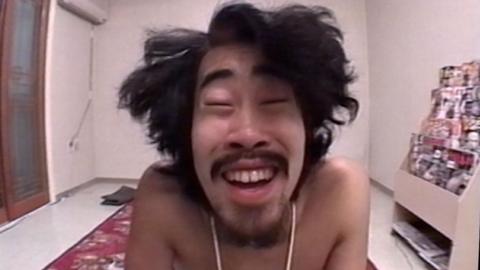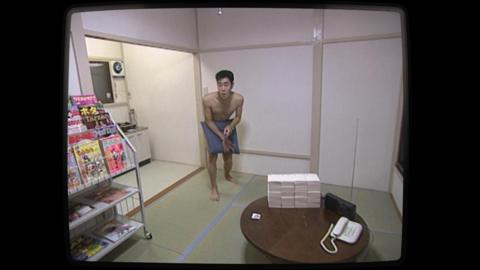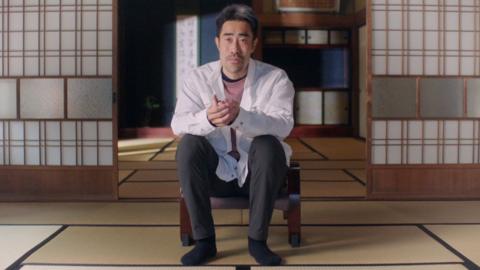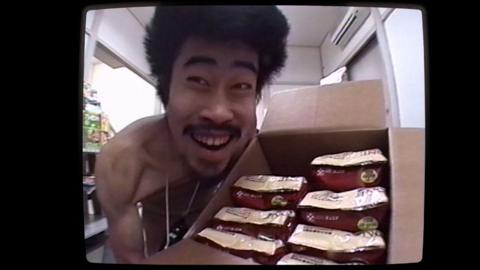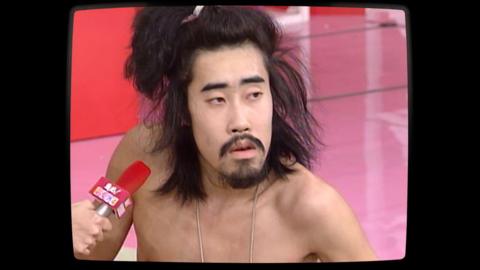In 1998, a Japanese man was stripped naked and left alone in an almost-empty apartment as part of a challenge for a reality TV show.
Tomoaki Hamatsu, known as Nasubi, was left with only a pen, some blank postcards, a telephone and rack full of magazines.
But he was not there to read. The concept of the show was to see if a human being could survive on competition prizes alone.
In order to win the challenge, the value of the prizes he won had to reach a certain financial threshold - 1m yen, around £6,000 at the time.
He would not emerge for 15 months, following a gradual descent into depression and mania, driven by hunger and isolation. Nearly three decades later, Nasubi's ordeal is being revisited as part of a new film that has just screened at the Sheffield Documentary Festival.
"I came across his story when I was working on a different project and got lost down one of those internet rabbit holes," recalls Clair Titley, director of The Contestant.
"But I found that a lot of what I had come across was almost derogatory. Nothing had really talked about Nasubi's story in depth. [I had] all these questions such as, why did he stay in there, and what effect it had on him. So I contacted him with that premise, that I wanted to make a film about his experience."
